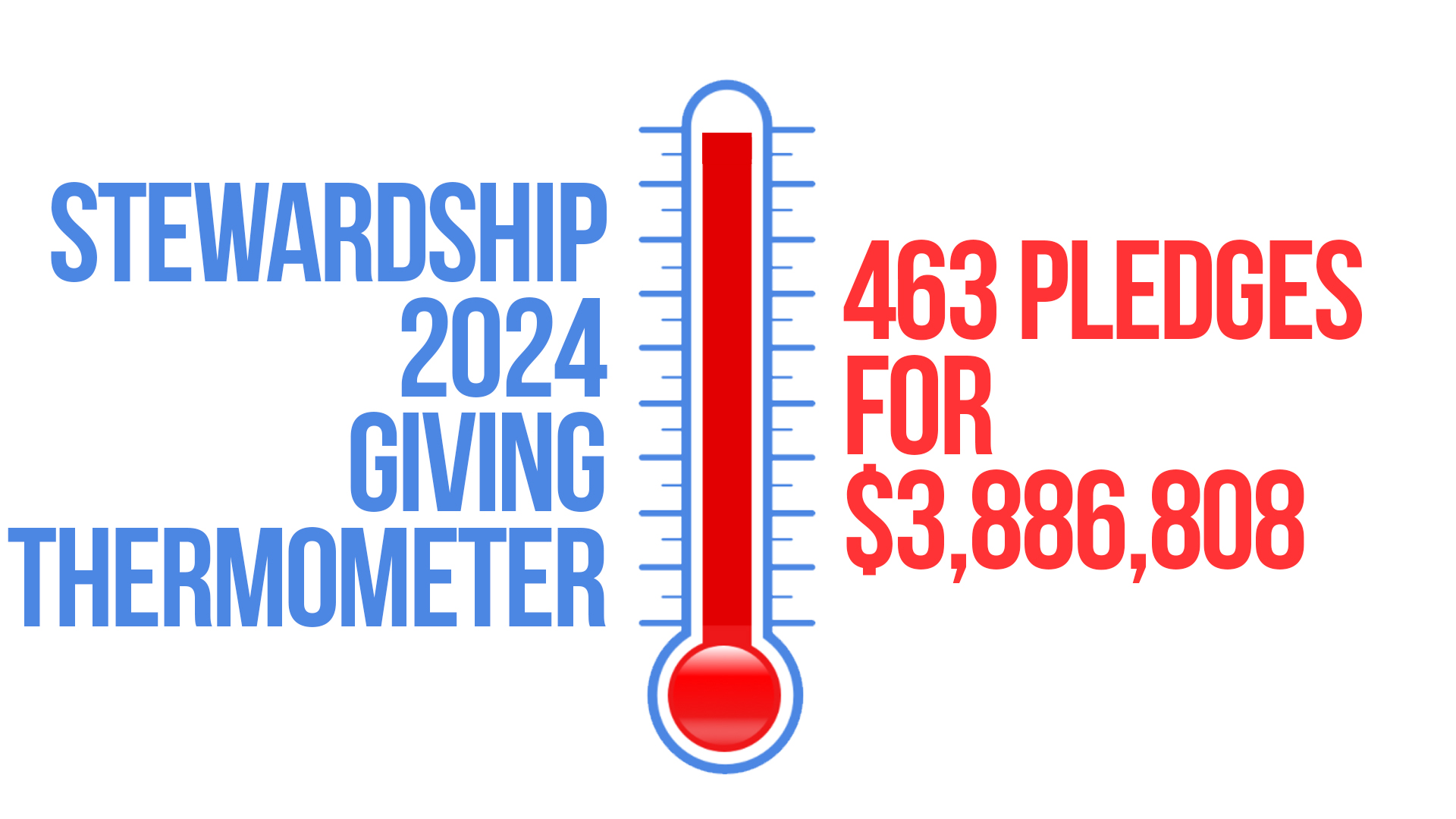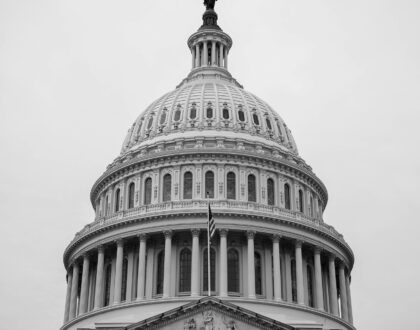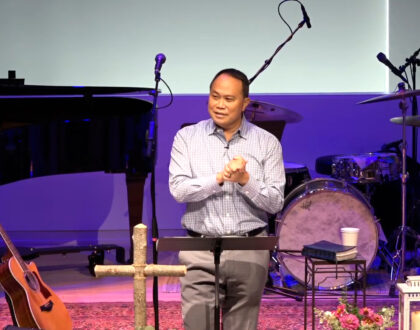Maintaining Faith in Anxious Times

Woodmont has had a VERY strong stewardship campaign this year with a very high level of participation. Please pray for the leaders who have been nominated to serve at Woodmont in the upcoming year. The nominating committee received more nominations this year than ever before, and I appreciate all the time they have put into this process. Strong leadership is essential at any church, and we are very fortunate to have many strong leaders at our church.
I continue to highly recommend Jonathan Haidt’s bestselling book The Anxious Generation. This book is a must-read for mothers, fathers, and anybody who wants to gain a deeper understanding of what smartphones and social media have done to increase the anxiety and restlessness in our culture, both kids and adults. Anxiety has been defined before this way: “A natural human reaction to stress that can be a feeling of fear, dread or uneasiness.” Anxiety can be mild or severe. Fear usually has an object but anxiety is basically “fear of the unknown” and is much more difficult to address. We know we are afraid, but we don’t always know what we are afraid of. For Tillich, all of life’s fears can be placed into one of three boxes: fear of death, fear of meaninglessness, and fear of guilt or judgment.
As both a minister and father of three, I have seen the significant rise in anxiety and I think Haidt is correct, our addiction to technology is playing a big role. As he says, many people are not present and are “forever elsewhere.” I believe Covid and everything that came with it was a tipping point for our culture. Parents have to decide when and to what degree children can access these things. Adults must also pay close attention to our own behavior and the example we are setting. We must put boundaries up for our kids recognizing that they have a limited ability to process certain things at different stages of development. Faith and spirituality is directly tied to addressing all of this. The opposite of faith is not necessarily doubt, it is fear and hopelessness. When people give in to cynicism and negativity, it is difficult to change course. We all have the ability to control and manage our thoughts and emotions. We also have to constantly ask ourselves, are we putting out positive energy or negative energy? Both are contagious. The choice is ours.
Jesus said, “In the world, you will have tribulation, but be of good cheer, for I have overcome the world.” He also said, “Do not worry about your life, what you will eat or what you will drink, or about your body, what you will wear.” This is one of those teachings that sounds great but is difficult to follow. We all have ongoing bills, tuition, mortgages, and many other rising costs that keep us stressed and on edge, not to mention the many setbacks and disappointments that we inevitably face. But let’s also remember how Jesus concludes that famous passage: “Do not worry about tomorrow. Tomorrow will bring troubles of its own. Today’s trouble is enough for today.” This is a reminder to live life one day at a time. The present moment is a gift, and it is all that we have.
Our culture has neglected Sabbath rest, prayer, reflection, boundaries, and balance. Life can feel like a hedonic treadmill that never stops. Yet, we recognize that we can’t do everything. So we shouldn’t try to do everything. Carving out intentional time for margin and rest is essential. Sometimes we need to turn the news off. Sometimes we need to put our phones in the kitchen and leave them there. Sometimes we need to get back to the simple things that will bring us great joy: a family dinner, an evening walk, a night out with our spouse, a backyard cookout, keeping a gratitude journal, and saying “no” to certain things. Priorities only remain priorities when we make time for them. Focus on the good, live in the present, be grateful, and recognize that there is a lot in the future we do not control. We will continue our “Anxious for Nothing” series this Sunday!
Recommended Posts

Political Violence is Never the Answer
July 25, 2024

“Messenger” – Justin Gung – July 14
July 14, 2024

Celebrating Woodmont’s 81st Birthday
July 10, 2024

